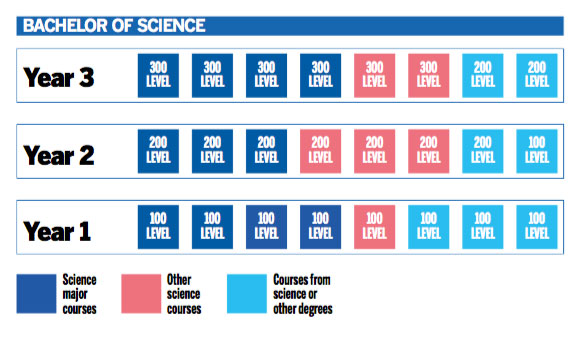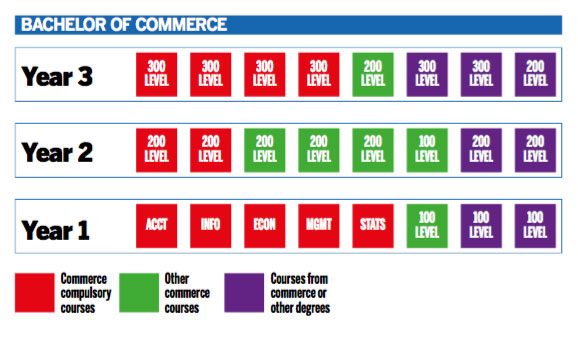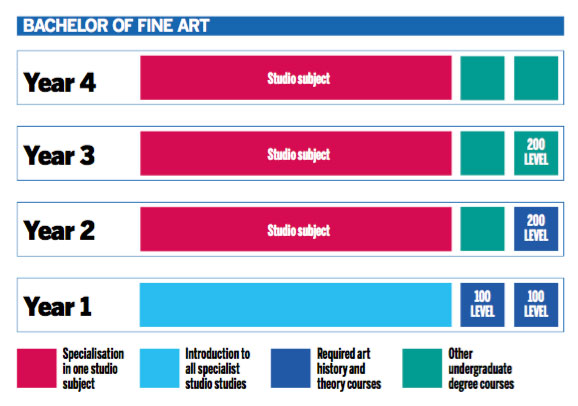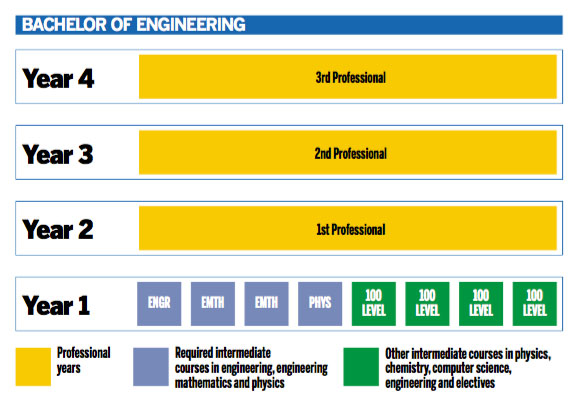Undergraduate (Bachelor) Degrees
Equivalency and duration
Teaching methods are much the same as those commonly used at UK universities. Undergraduate students are taught using a mixture of lectures, seminars and tutorials, with labs, fieldwork and clinical or industry placements where required. As is the case here in the UK and Ireland, university students need to be self-motivated and organised about their work in order to succeed. Lectures and tutorials must be backed up by independent reading and research, which you – as the student – are expected to organise yourself.
The teaching atmosphere is less formal than at universities here in the UK, and many UK students in Australia and New Zealand report back to say they find academics to be accessible and approachable if they have any questions about or problems with their work.
Australian and New Zealand degrees are assessed continually from the first year, so your marks effectively count toward your final degree result right from the start of your course. This is different to the system at most universities in the UK, which only counts marks gained in the second and third year of the degree to determine a student’s final grade.
Undergraduate teaching and assessment
Despite the undeniable fact that Australian and New Zealand universities are a long, long way from home, the experience of studying at them is in many ways similar to going to a UK university.
A bachelors degree from an Australian or New Zealand university is considered to be the direct equivalent of a bachelors awarded by a UK university. A standard bachelors degree – such as a Bachelor of Arts, Bachelor of Business or Bachelor of Science – will take three years to complete, as it would in the UK. Professional and specialist degrees (such as the Bachelor of Physiotherapy, Bachelor of Veterinary Science or Bachelor of Fine Art) require a longer period of study to complete.
Contact teaching hours
The number of contact teaching hours an undergraduate student in New Zealand or Australia should expect to receive per week is often higher than at universities in the UK. A undergraduate student on a Bachelor of Arts degree in New Zealand or Australia (typically BA students have the lowest number of contact hours) should expect to have 12 to 16 contact hours a week during the first year of study and to be strongly encouraged to study for a further 20-25 hours a week by themselves.
Key undergraduate difference: Greater flexibility
In New Zealand and Australia, general bachelors degrees in areas such as arts, science and business are much more flexible than the equivalent degrees in the UK. When you enrol on one of these degrees you’ll select a ‘major’ (the subject you want to specialise and graduate in) but will also have the opportunity to study a number of different subjects during each year of your course. These are known as ‘electives’. This broad approach allows you to effectively construct a degree that is unique to you and your interests, and which is individually tailored to your future career goals.
Below are some study plan examples. This system makes it very easy to combine the study of different subjects in an area, and can in some cases enable subjects from completely different areas to be studied together. Please note that these diagrams are only examples – other combinations are possible and each university’s courses will differ in structure. All course details, including structure and content, are detailed on Study Options’ subject lists, but if anything is unclear, contact one of our student advisors.
Bachelor of Arts
A Bachelor of Arts is the most flexible degree of all, offering students the opportunity to study other subjects from the arts and humanities faculty as well as courses from other faculties alongside their chosen major subject. It is not unusual for a student to change their major during their first year.
Bachelor of Science or Bachelor of Commerce
Australian and New Zealand universities aim to produce graduates who are scientists or business people first and foremost, but who then specialise in their chosen subject – chemistry, geology, marketing, mathematics, management and so on. This broad, flexible structure allows you to explore subjects that you may not have had the chance to study before, as well as to mix and match potentially unusual combinations of subjects.






